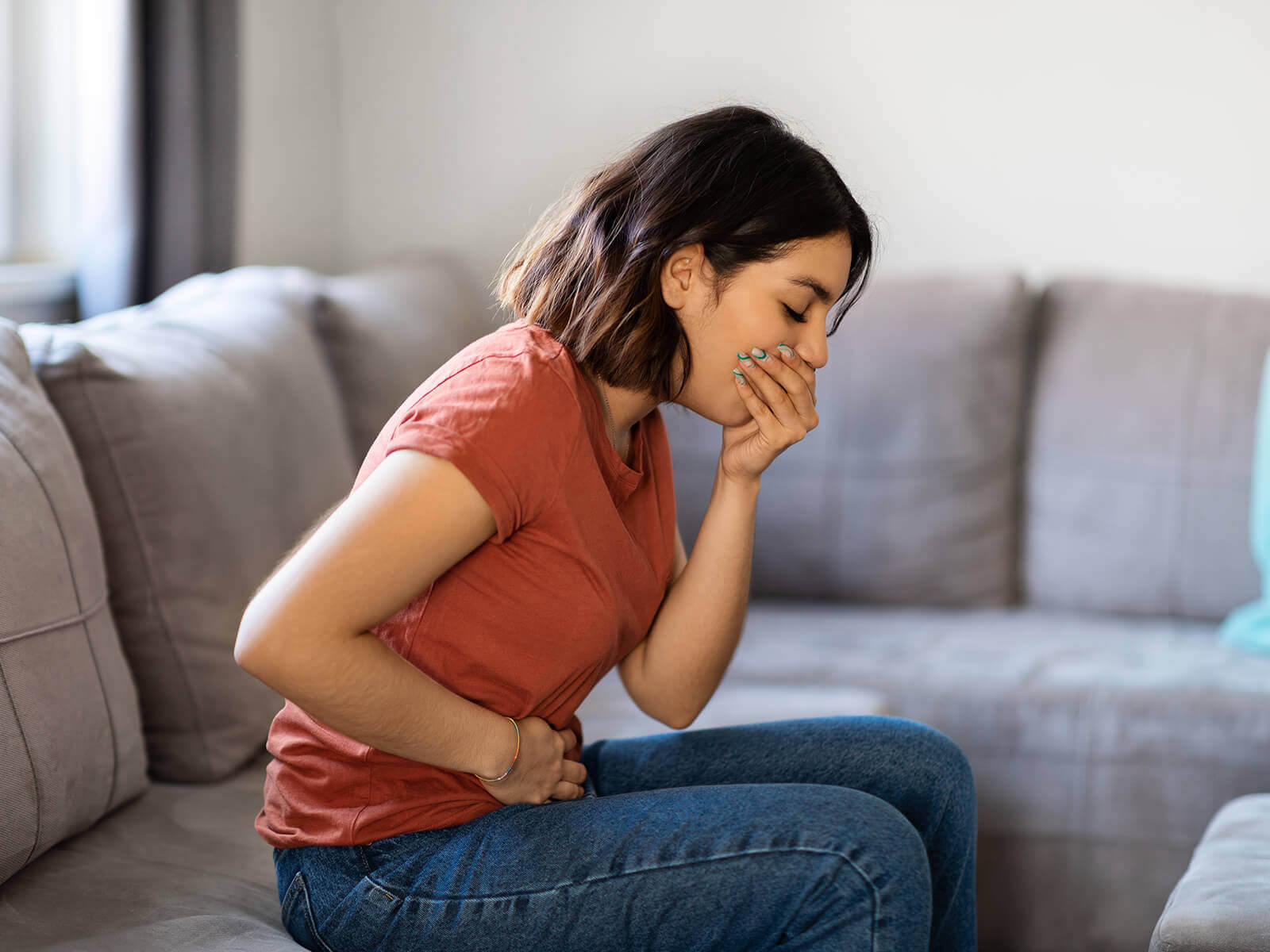
A gastric ulcer is an open sore in the stomach lining caused when stomach acid damages the tissue. Often called a peptic ulcer when it affects the stomach, it's diagnosed by procedures like upper endoscopy-where it may appear on an endoscopy report as a "gastric ulcer." In ICD-10 coding, these ulcers fall under K25.*.
You may notice one or more of the following signs:
Gastric ulcers can develop for several reasons:
With a focus on patient-centered care and comprehensive gastric ulcer treatment in Katy, GastroDoxs delivers expert diagnostics and tailored therapies designed to heal your ulcer, relieve your symptoms, and prevent recurrence. Our experienced team uses the latest endoscopic technology, evidence-based medication protocols, and personalized dietary guidance to optimize your recovery and improve your overall digestive health. Don't let ulcer pain limit your life book an appointment today with the premier gastric ulcer specialists at GastroDoxs and take the first step toward lasting relief.
We've successfully treated more than 3.4K patients, helping individuals improve their digestive health and overall well-being through expert, personalized care.
With over 20 years of experience, GastroDoxs has been a trusted provider of gastroenterology care, focusing on delivering the best outcomes for patients
Most gastric ulcers heal in 4-8 weeks with proper medication, diet adjustments, and lifestyle changes. Chronic cases may take up to 12 weeks to fully resolve.
The primary ICD-10 code for a gastric ulcer is K25. Subcodes (K25.0-K25.9) specify acute versus chronic and complications like bleeding or perforation.
Yes. Coffee can stimulate acid production and irritate the ulcer site. Consider limiting intake, switching to decaf, or choosing low-acid brews.
During an upper endoscopy, a gastroenterologist examines the stomach lining for sores, takes biopsy samples if needed, and assesses ulcer severity and complications.
Stick to bland, low-fat foods such as bananas, rice, oatmeal, lean poultry, cooked vegetables, and yogurt. Avoid spicy dishes, caffeine, and acidic foods.
At GastroDoxs in Katy, we offer tailored proton pump inhibitor therapy, H. pylori testing and eradication, sucralfate coatings, and personalized dietary coaching.
Equine gastric ulcer treatment typically involves high-dose omeprazole paste, dietary management, and environmental modifications to reduce stress in horses.
Yes. Equine gastric ulcer supplements often contain buffering agents, prebiotics, and probiotics to protect the horse's stomach lining and support healing.
Schedule an appointment if you experience severe or persistent pain, vomiting blood, black stools, unexplained weight loss, or other alarming symptoms.
Yes. Ulcers can recur if underlying causes-such as H. pylori infection, NSAID use, or lifestyle factors-aren't addressed and managed long term.